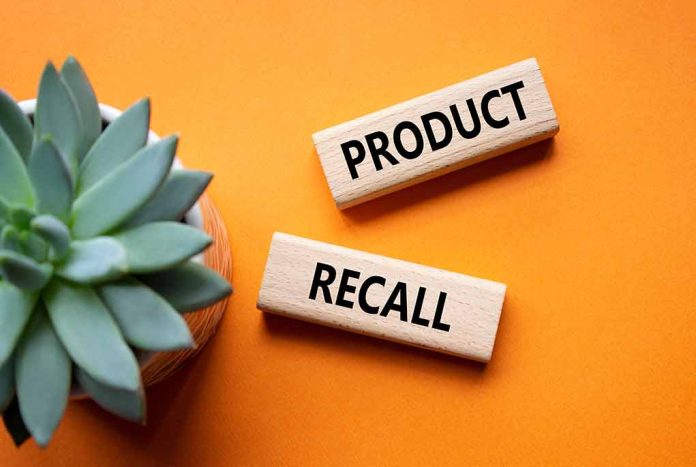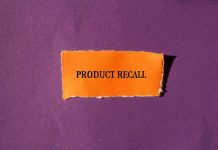
A norovirus outbreak linked to shellfish has prompted a significant recall impacting consumers across multiple states.
At a Glance
- Contaminated oysters and clams recalled in seven states due to norovirus.
- Recall issued by Rudy’s Shellfish with FDA’s disposal instructions.
- Symptoms of norovirus include severe gastrointestinal distress and dehydration.
- FDA advises against serving or selling potentially contaminated shellfish.
Norovirus Outbreak Details
A recent norovirus outbreak has led to the recall of oysters and Manila clams across seven states, including Florida and Massachusetts. Rudy’s Shellfish, responsible for harvesting these products from Washington’s Pickering Passage, initiated the recall under the guidance of the FDA. “The FDA is advising restaurants and food retailers not to serve or sell and to dispose of the oysters and Manila clams harvested from 11/15/2024 to 12/11/2024 by Rudy’s Shellfish (WA-1590-SS) from Pickering Passage growing area in Washington because they may be contaminated with Norovirus.”
Norovirus is highly contagious and spread through contaminated food, particularly shellfish, leafy greens, and fresh fruits. Symptoms, such as diarrhea and vomiting, typically develop within 12 to 48 hours. The CDC reports about 21 million annual norovirus cases in the US, resulting in 109,000 hospitalizations and nearly 900 deaths. The virus poses severe risks to vulnerable groups, including the elderly, children, and individuals with compromised immune systems.
FDA advising restaurants & food retailers not to serve or sell oysters & Manila clams harvested from 11/15/2024 to 12/11/2024 by Rudy's Shellfish from Pickering Passage growing area in Washington because they may be contaminated with Norovirus.https://t.co/tCykvRRJuC
— Dr. Gerald Goldhaber (@warningsexpert) December 19, 2024
FDA Guidance and Consumer Safety
The FDA warns against the consumption or sale of these shellfish, emphasizing the necessity of strict hygiene measures to prevent cross-contamination. Symptoms of norovirus are acute and include gastrointestinal distress, fever, and dehydration. Dehydration in affected individuals, particularly children, can result in severe complications. “Symptoms of dehydration include decrease in urination, dry mouth and throat, and feeling dizzy when standing up. Children who are dehydrated may cry with few or no tears and be unusually sleepy or fussy.” Proper sanitization of food preparation areas is crucial for preventing further spread.
The initial recall notices affected Washington retailers, with subsequent spread to states such as California and New York. Shellfish brands involved include Fanny Bay and Royal Miyagi, identified on tags with certification numbers BC 740 SP and BC 6001 SP. An S&M Shellfish Company alert in San Francisco was among the first callbacks to halt distribution, prior to the FDA’s broader action.
Oysters and clams recalled for potential contamination with norovirus https://t.co/RTtxJwGQnL
— USA TODAY (@USATODAY) December 20, 2024
Preventive Measures and Recommendations
Restaurant owners and consumers should follow FDA guidelines, discarding potentially contaminated shellfish immediately. Proper kitchen sanitation is paramount to ensure safety. For general prevention, individuals should maintain rigorous handwashing practices and monitor for any symptoms of nausea, vomiting, or stomach pain following shellfish consumption. Staying hydrated is essential.
The FDA and CDC continue to monitor the situation, alerting healthcare providers and the public to the evolving chain of seafood recalls. With annual spikes in norovirus outbreaks, especially among seafood, maintaining awareness around such recalls can safeguard public health and reduce economic burdens imposed by foodborne illnesses.
Sources
1. Seafood Recall In Seven States Over Norovirus Fears
2. Norovirus concerns lead to massive oyster recall, including in Illinois














